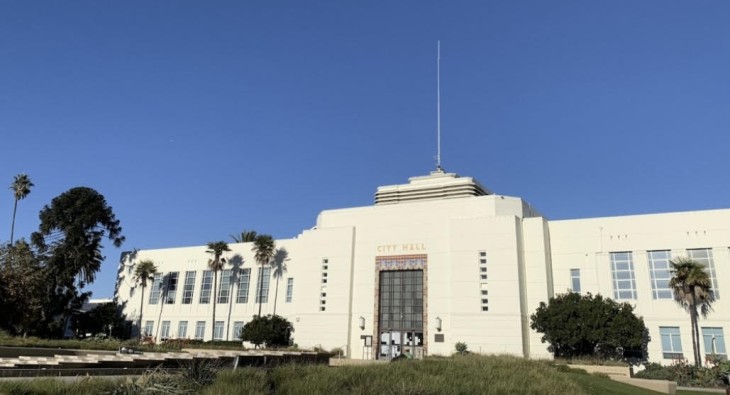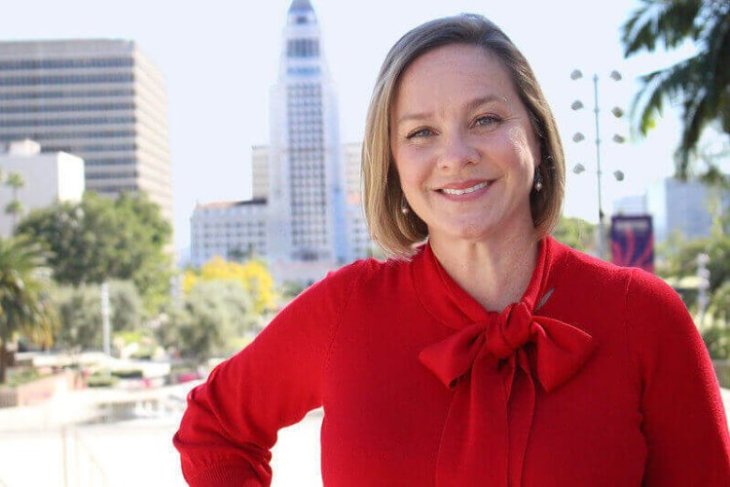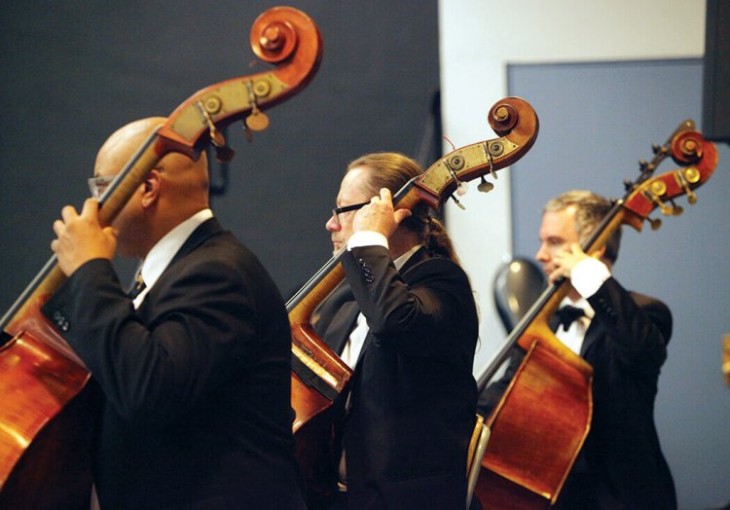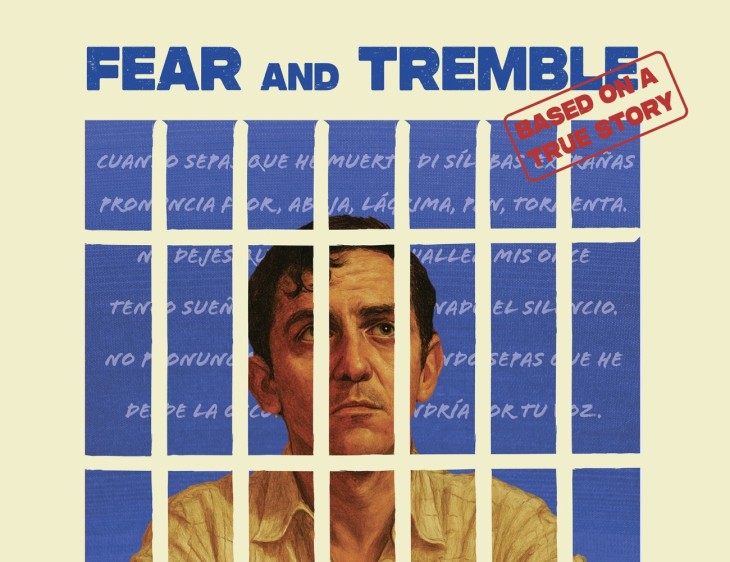The University of California Board of Regents approved tuition hikes today that will increase students’ costs by as much as 5 percent a year over the next five years at UCLA and other campuses across the state.
The board approved the hikes as protesting students loudly chanted, “Hey hey, ho ho, tuition hikes have got to go!” When the vote was completed, the crowd repeatedly chanted “Shame on you.” The board chairman eventually called for a recess and asked security to clear the room at UC San Francisco so the meeting could continue.
The increase will raise annual tuition by up to 5 percent over the next five years, making the tuition more than $15,000 by 2019. UC officials have said that the hike is necessary to help offset higher pension and salary costs, as well as to help recruit more in-state students.
They have also said that the tuition hike could be less than 5 percent depending on state funding of the university system.
UC President Janet Napolitano noted that tuition rates have been frozen for three years. A 5 percent increase will increase tuition for the 2015-16 school year by $612, to $12,804. Out-of-state students would pay the same increased rate, plus the non-resident fee of $22,878, which would also increase by the same percentage, according to UC.
The 5 percent increase assumes the state will provide the university system with a promised 4 percent increase in funding. But UC officials say that increase still falls short and doesn’t even cover the cost of inflation.
Napolitano has said she hopes the plan will offer some stability to students and gradual, predictable increases instead of possible large spikes in tuition — eliminating “volatility” in the tuition-setting process. She also expressed hopes that it will spur the state to boost its funding of UC.
Members of the Regents’ Committee on Long Range Planning, which approved the tuition hike Wednesday, said pressure needs to be placed on the Legislature to increase funding for the system. They noted that if the state provides funding beyond the anticipated 4 percent increase, the proposed tuition increase would be reduced or even eliminated.
“Give us the money we thought we were getting if we supported Prop 30,” Regent Norman Pattiz said. “We need the help that the citizens of the state of California gave us all when they voted for Prop 30. We just need our fair share. Let us have it and this won’t be an issue.”
Assembly Speaker Toni Atkins, D-San Diego, opposed the tuition hike and said she plans to introduce a bill seeking to boost funding for the UC system by increasing state appropriations.
“The proposed fee increase of more than 25 percent is unacceptable. California students and their families have faced too many fee increases already,” said Atkins, who is an ex-officio regent with voting rights. “Instead, UC should work with the Legislature and governor to get UC the money it needs to remain one of the state’s world-class assets, without harming the California students and families the university was created to serve.”
Atkins is seeking to allocate to the UC system an additional $50 million from the general fund. Her proposal also calls for capping out-of-state enrollments at current-year levels in order to add 10,000 additional slots for in-state enrollees, as well as hiking tuition for out-of-state students by $5,000.
Regent Sherry Lansing said during Wednesday’s committee meeting that she was “saddened” at having to vote for a tuition hike, particularly following the 2012 passage of Proposition 30, which increased the sales tax by a quarter-cent on the dollar and raised the income tax on annual earnings over $250,000.
“When this board unanimously supported Proposition 30, when the students unanimously came out along with the alumni and faculty, it was with the complete understanding that a huge percentage of this money for Prop 30 would fully fund the university so we can continue with our enrollment growth,” she said. “Sadly, that has not happened.”
Gov. Jerry Brown, who opposed the tuition hike and called for the creation of a state-UC committee to examine ways of reducing students’ costs, told the board money from Prop 30 is coming in.
“It may not be as much as you want, but it’s real money,” he said. “Without it we’d be in real trouble.”

























